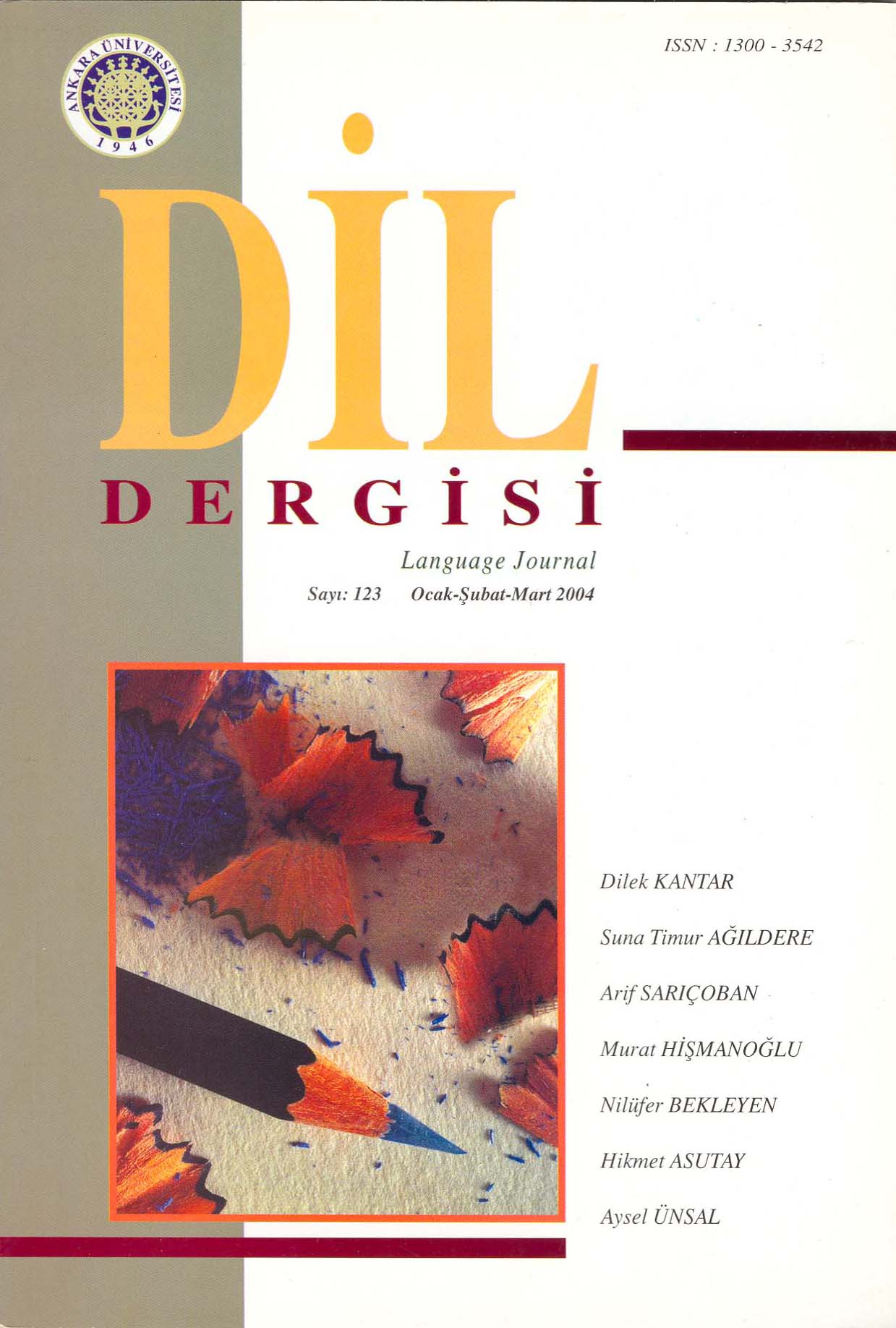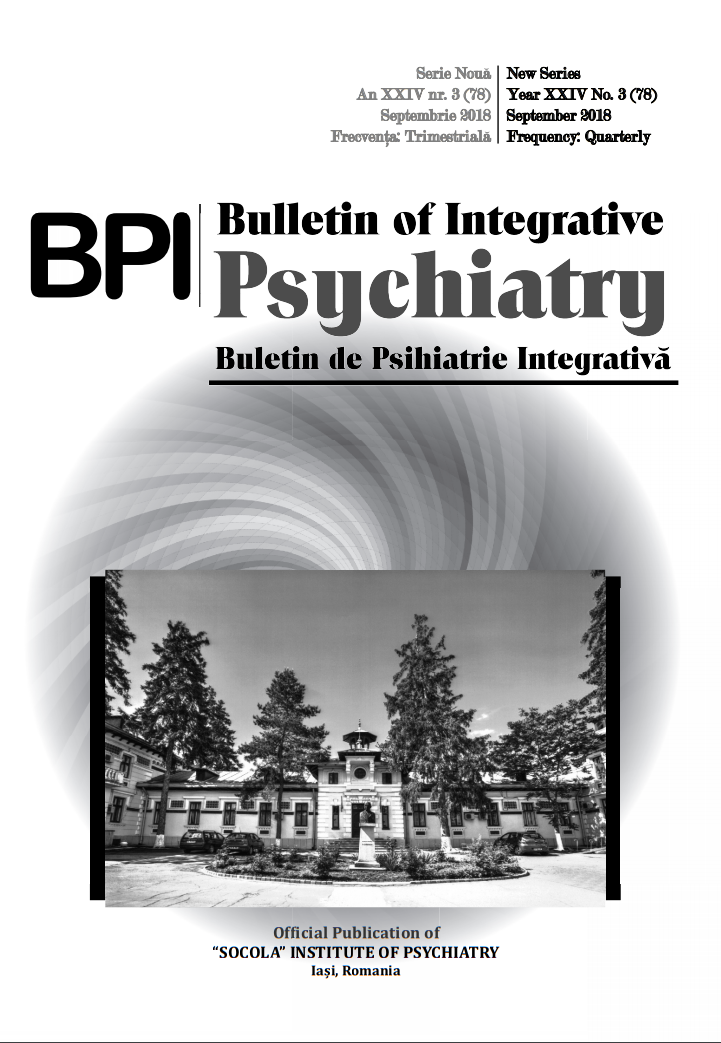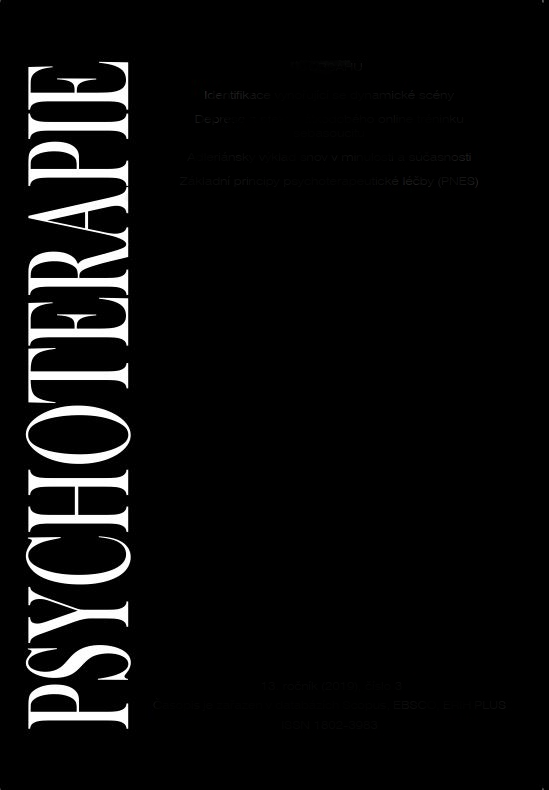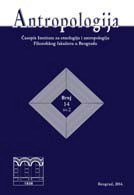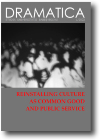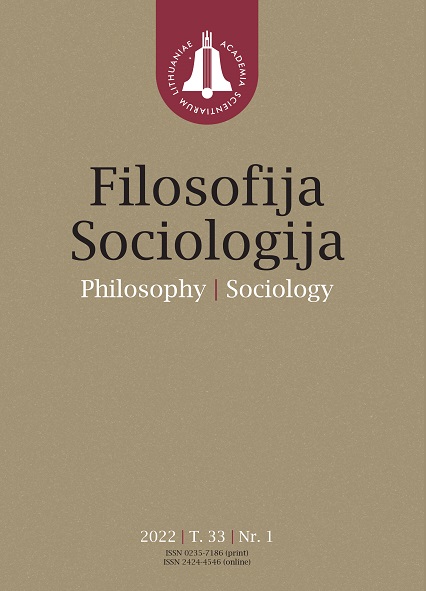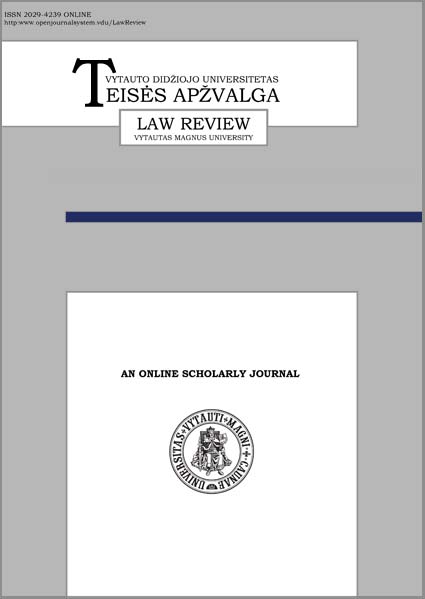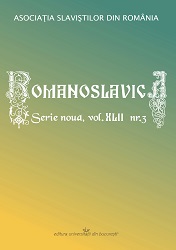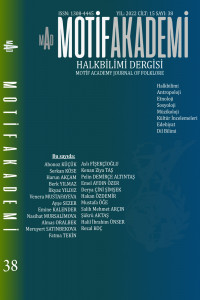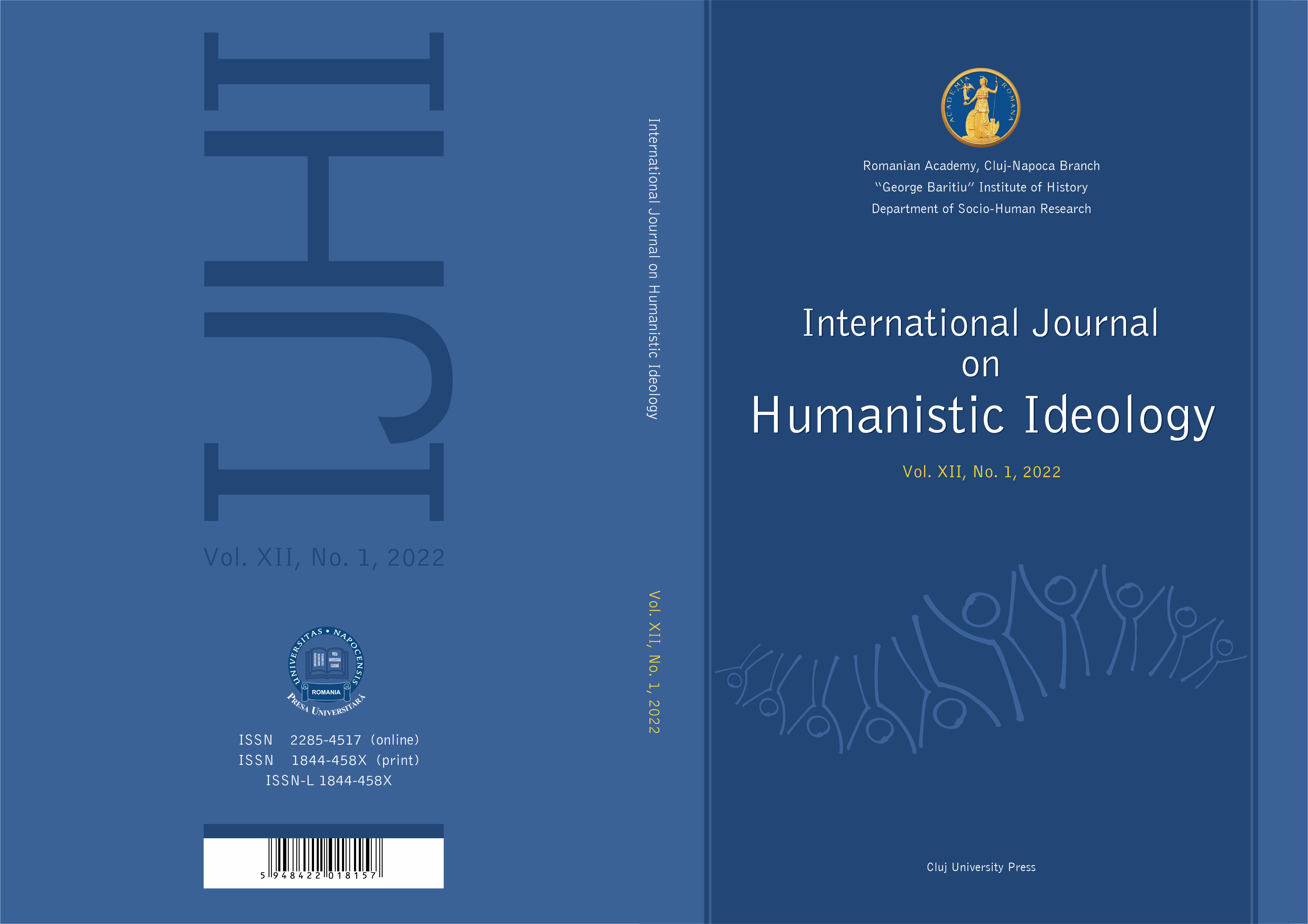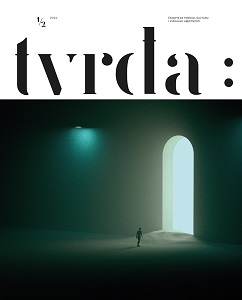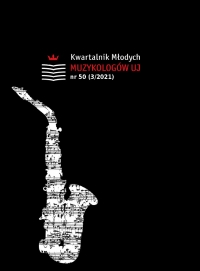Author(s): Evelina Laukytė / Language(s): Lithuanian
Issue: 2 (24)/2021
The article analyses the condition for release from criminal liability on bail – the full admission of guilt and remorse for committing the criminal act of the accused – from a legal, psychological and criminological point of view (in other words, the internal assessment of the actions of the accused.) An interdisciplinary analysis of this institute is necessary because the legal doctrine reflects the view that the psychological concept of guilt prevails in Lithuania, which encompasses the psychological relationship of a person to the criminal act committed, which makes it possible to argue that these provisions should be analysed systematically, combining the synergy of the legal and psychological sciences. Therefore, the author examines the features of a full admission of guilt and remorse for the criminal act and the circumstances that prompted this choice of behaviour. The study recognizes that the purpose of the surety institution, i.e., the deterrence of criminal acts through the supervision of a person who is trusted by the court, can only be effectively fulfilled by an accused who is critical of their actions, who fully admits guilt and who is remorseful for the criminal act committed. For this reason, the analysis of the psychological attitude of the accused towards the criminal offence is based on the assumption that the person is not only declaratively seeking to avoid criminal liability. The study also provides an analysis of the case law and criminological analysis of the attributes enshrined therein in relation to the special subject – a civil servant or a person equal to a civil servant. Furthermore, the question is raised whether a person, who is subject to the criterion of impeccable reputation, as well as to other specific requirements of qualification, who has committed a criminal offence against the public interest and the public service, should also be exempted on equivalent grounds from criminal liability. It is also taken into account that, due to a lack of intrinsic motivation, it is not uncommon for members of the public who have this status to fully admit their guilt because they know that sufficient evidence has been gathered on the subjective element of the criminal act, i.e., culpability (in relation to them). This can be seen by analysing the pattern of the behaviour of the accused during the criminal proceedings. The court is often faced with the problem of assessing whether releasing a civil servant from criminal liability on bail would be in line with the purpose of the institution of suretyship. The criminological analysis of the full admission of guilt and remorse for the commission of a criminal act is an important tool in the study of law, as the identification of the motives of the accused of their choice of a particular pattern of behaviour can provide insights that could lead to the adoption of more effective measures to prevent crime. For example, they should not only be limited to strengthening sanctions for criminal acts committed, but also to reconsidering the appropriateness of the institution of surety for a person with a special status. This assumption can be made by applying a teleological approach to the application of the institute of suretyship enshrined in the current Criminal Law, noting that the civil service is a professional activity designed to assist those exercising state or local authority in the performance of their functions, and not to correct the conduct of civil servants through the supervision of a person who is worthy of judicial trust.
More...

